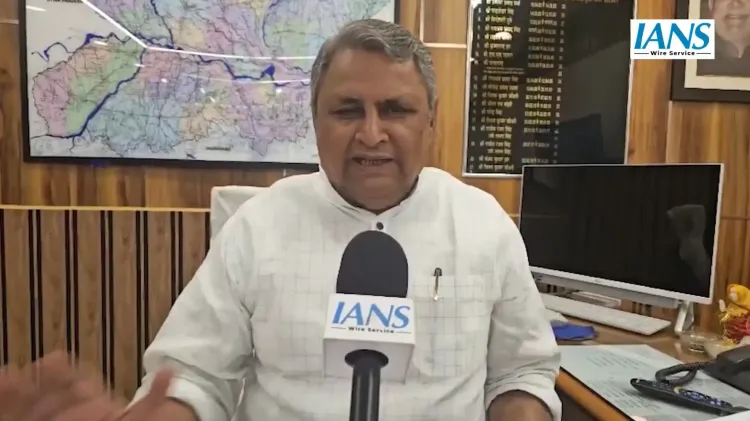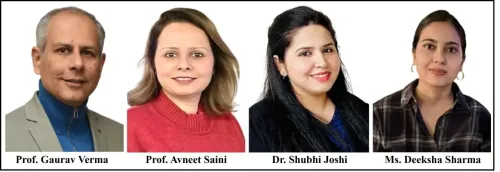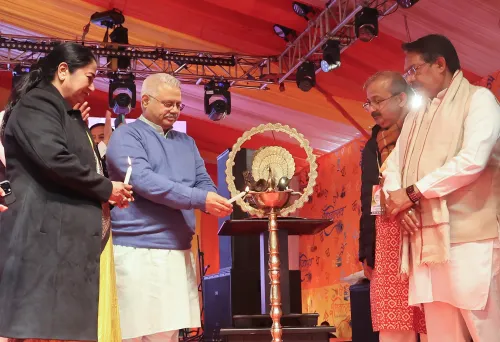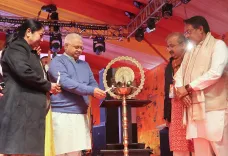Who Deserves Credit for the Caste Census Decision?

Synopsis
Key Takeaways
- Nitish Kumar is credited with advocating for the caste census.
- The Bihar government seeks constitutional support for increased reservations.
- Data collection must lead to actionable change for societal improvement.
- Political leaders have mixed responses regarding the census initiative.
- Effective policy-making is crucial for addressing socio-economic disparities.
Patna, April 30 (NationPress) Bihar's Water Resource Minister Vijay Chaudhary stated on Wednesday that the credit for the Central government's decision regarding the caste census belongs to Chief Minister Nitish Kumar.
“This initiative is rooted in the efforts of Chief Minister Nitish Kumar, who has persistently advocated for this issue when others were reluctant. The acknowledgment must go to him as he was the first to voice this demand. While Congress and Mamata Banerjee opposed it within the INDIA Bloc, Nitish Kumar elevated it to a national concern,” Chaudhary asserted.
He further stated that the Bihar Leader of the Opposition (LoP) Tejashwi Yadav had not previously addressed the caste census topic. “Now he is claiming victory. Moreover, Congress, after initially opposing the concept, seeks to take credit as well. Even Rahul Gandhi’s position is unclear,” he remarked.
Chaudhary also highlighted Bihar's proactive efforts in advocating for constitutional backing. “The Bihar government has fought for enhanced reservation and even submitted a proposal for its inclusion in the Ninth Schedule of the Constitution. We are currently pursuing this matter in the Supreme Court to safeguard this policy,” he elaborated.
Meanwhile, Jan Suraaj founder Prashant Kishor stressed that simply gathering caste data is insufficient.
“A census alone won’t transform the nation. Genuine progress occurs only when governments take action based on their findings,” Kishor stated.
Commenting on Bihar’s caste census, he observed: “It was claimed that impoverished families would receive Rs 2 lakh for employment. How many have actually received it? Purchasing a book does not make one a scholar; one must engage with it.”
Nitish Kumar welcomed the Centre’s decision, reaffirming that this long-standing demand will aid in the creation of improved policies.










